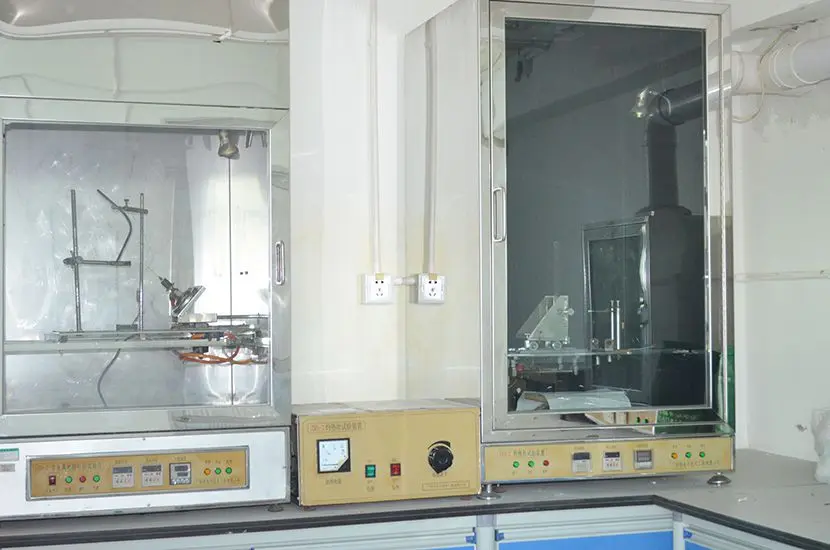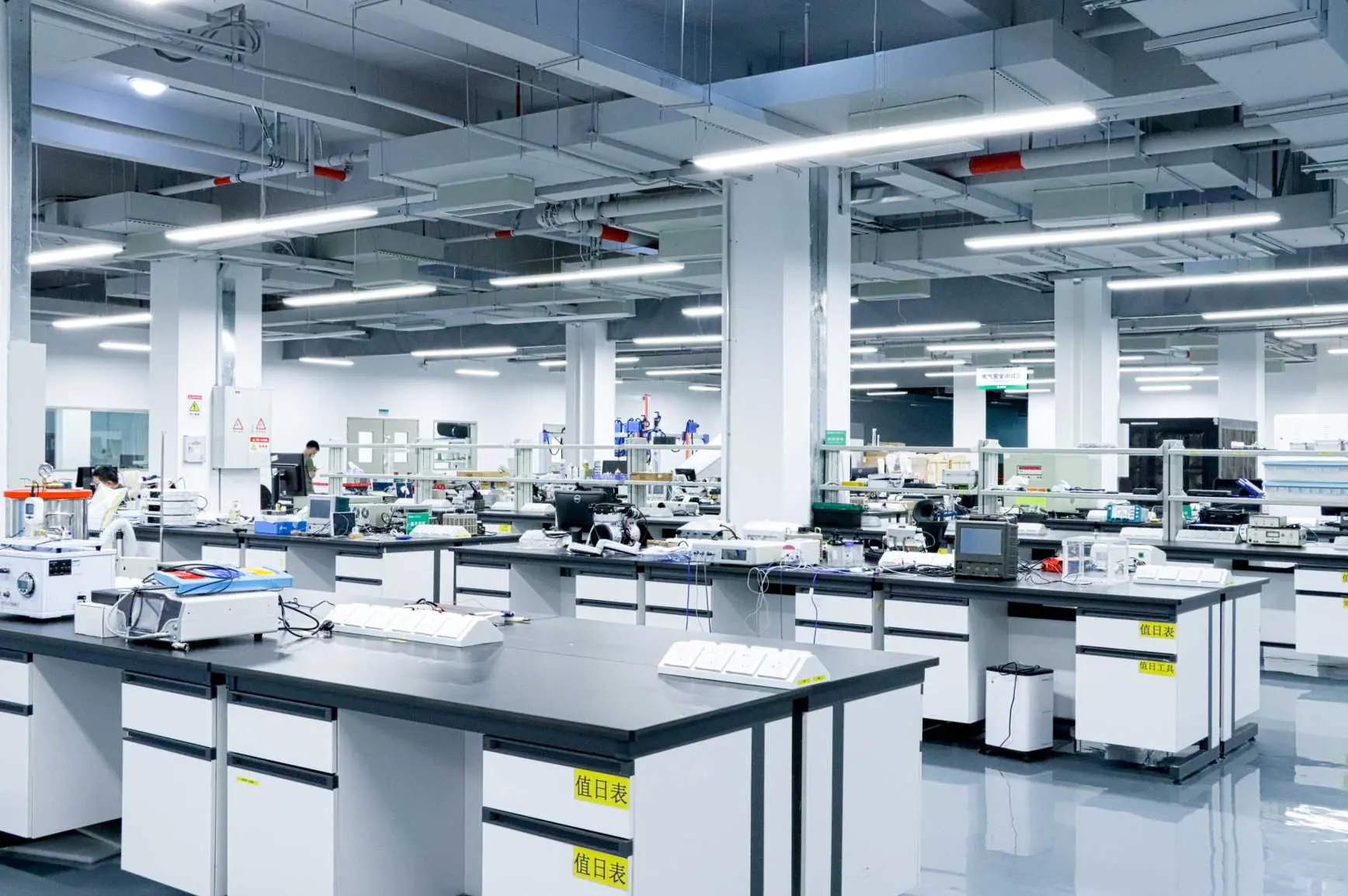
Lithium Battery KC Certification Test
kc certification is a national unified certification mark implemented by the Korean National Standards Committee. Lithium batteries are included in the KC certification catalog as mandatory certification products.
The Korean Agency for Technology and Standards announced that the new standard KC 62133-2 would officially apply to lithium battery packs starting on July 21, 2020, and the old standard KC 62133 would be withdrawn on January 1, 2021.
Important Dates:
- Implementation date of the new KC 62133-2: July 21, 2020
- Expiration date of the old KC 62133: January 1, 2021
Affected Products:
- Lithium battery packs
- Power banks
Expert Advice:
The harmonized standard for KC 62133-2 is IEC 62133:2017. From September 1, 2020, the CB certificate based on IEC 62133:2017 can be used to apply for a KC certificate.
The harmonized standard for KC 62133 is IEC 62133:2012. Until December 31, 2020, Korea also accepted CB certificates based on the old standard to apply for KC certification.
From January 1, 2021, only CB certificates based on IEC 62133:2017 can be used to apply for KC certification. KC certificates obtained under the old standard remain valid and do not need to be updated.
The cost of obtaining a KC certificate based on the new KC 62133-2 standard through a CB certificate based on IEC 62133:2017 is slightly higher than that of the old standard.
Special Notice:
The KC 62133-2 standard newly includes lithium batteries used in personal mobile devices (with a maximum speed of less than 25 KM/h) under KC regulations, mandatory from August 1, 2021. By that date, lithium batteries used in personal mobile devices (e.g., balance scooters, electric scooters, etc.) shipped or cleared must have a KC safety certification certificate according to KC 62133-2.
Lithium Battery KC Certification Documents:
1. Application form (fixed format provided by China JJR Lab)
2. Model name classification table (fixed format provided by China JJR Lab)
3. Protection Circuit (PCM) specification sheet (circuit diagram, including IC circuit) (if there are Thermistor components, please provide the specification sheet)
4. Korean or English instruction manual
5. Cell and battery specification sheet
6. Warning transportation precautions and packaging methods (can be included in the product specification sheet)
7. Korean nameplate
8. ISO 9001 certificate or self-declaration of conformity
9. Factory business license (for first-time factory applicants, no factory inspection is required for battery safety certification)
10. Test samples (30+ battery packs, 55 cells)
11. Component list (fixed format by China JJR Lab)
12. CB certificate and IEC 62133 test report for the cell or battery
13. CDF list, including specifications of key components such as MOSFET, IC, etc.
14. Sample jig
Lithium Battery KC Certification Product Scope:
1. Single battery: Portable, with energy density exceeding 400Wh/L per volume.
2. Battery pack: Manufactured by assembling cells in series or parallel.
3. All portable lithium batteries or battery packs with navigation functions, regardless of energy density, are subject to certification.
4. Single batteries and battery packs used in portable medical devices, barcode scanners, credit card readers, etc., are subject to certification.
5. Portable devices: MP3 players, electronic dictionaries, PMP, laptops, digital cameras, etc.
6. Non-certified products: Batteries for vehicle drives, industrial use, medical use, or button cells.
Testing Items:
1. High-temperature storage test
2. Temperature cycling test
3. High-temperature short-circuit test
4. Compression test
5. Overcurrent charging test
6. High-temperature storage test
Sample Requirements:
- Prismatic cells: 65 pieces
- Cylindrical cells: 65 pieces
- Battery packs: 30 pieces
Important Notes:
1. If the applicant in the KC application form is a Korean company, the factory can write the actual factory name and address. If the applicant is a non-Korean company, the applicant and factory information must be the same.
2. When selecting the "ETC" option in the model classification table, a specific remark on the materials used in the lithium battery must be provided.
3. All parameter information in the specification sheets must be consistent. For letters representing different meanings, special notation is required. When citing parameters and specifications from a particular series, the original files must be attached.
4. Distinguish between instruction manuals and specification sheets. Instruction manuals are intended for end customers to inform usage, while specification sheets detail the product's specifications and composition. Both must be in Korean or English.
5. Warnings and packaging methods must be in Korean, with reference to the Korean warning language version provided by Baron.
6. The Korean nameplate should display the lithium battery's Korean description, include the KC logo, be encoded according to the CB method, and leave a local Korean contact number.
7. If the applicant's ISO certificate does not include the scope of lithium battery production, a self-quality declaration is required.
Email:hello@jjrlab.com
Write your message here and send it to us
 Most Reliable Medical Device Test Lab
Most Reliable Medical Device Test Lab
 How to Obtain a Cosmetic Product Safety Report
How to Obtain a Cosmetic Product Safety Report
 US and EU Cosmetics Compliance
US and EU Cosmetics Compliance
 How to Obtain SDS Sheets Certification
How to Obtain SDS Sheets Certification
 Personal Care Products MSDS
Personal Care Products MSDS
 Approval for UL 1727 Introduction
Approval for UL 1727 Introduction
 Candle Label Requirements United States
Candle Label Requirements United States
 Laser Product Qualification Consultants
Laser Product Qualification Consultants
Leave us a message
24-hour online customer service at any time to respond, so that you worry!




